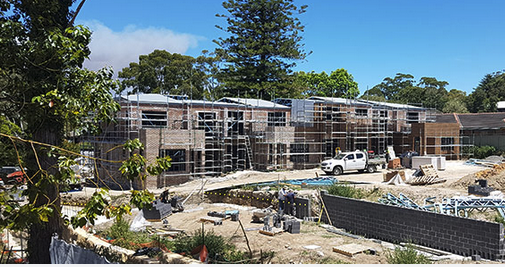
Jul 17, 2023
Hey there, property enthusiasts! Today, we’re going to talk about the exciting (and sometimes nerve-wracking) world of property finance. Whether you’re a seasoned investor or a newbie just dipping your toes in the property market, this guide will give you some handy tips on how to navigate the financial aspects of property deals.
First things first, let’s talk about the basics. When it comes to property finance, you need to understand how banks and other lenders operate. They’re not just going to hand over a wad of cash without doing their due diligence. They’ll assess the risk associated with your project, looking at your ability to repay the loan and the viability of the development itself. They’ll also want to see a detailed feasibility study to show that you’ve considered all possible contingencies. So, make sure you’ve done your homework before you approach a lender.
The goal for most property investors is to grow their asset base. A large asset base gives you options. For example, if your properties double in value over time, you can use the equity to further grow your portfolio. You could borrow against this equity to purchase additional investments or add value to your existing properties through renovation or development. Just remember to keep a healthy cash buffer to prevent having to sell assets prematurely.
When dealing with mortgages and banks, it’s crucial to establish the right finance structures. This can maximize the benefits of real estate as an asset class. If you reach the upper limits of your borrowing capacity, consider looking at second or third-tier lenders who may have more lenient credit policies than the major banks. And remember, your finance strategies are often as important, if not more important, than the properties themselves.
For larger projects, most lenders require a certain level of pre-sales to minimize their risk. The percentage of the project they require to be pre-sold before they are prepared to hand over property development finance varies, but it can be around 60%. These pre-sale deposits are generally cash to the value of 10% of the purchase price and are required to be held in trust.
You might wish to do nothing with the equity in your properties and simply live off the positive cash flow it generates. For example, if your investment portfolio is generating a net income equal to the interest rate on the debt, that’s a pre-tax income you can live on. Alternatively, you may borrow further to fund other things like larger one-off purchases or even additional living expenses.
Having clear property titles and not giving the banks more security than they need can be beneficial. If you hold clear titles, you can realize more net sale proceeds should you ever end up selling any of your properties. This gives you more control and options.
In conclusion, navigating the world of property finance can be complex, but with the right knowledge and strategies, you can make it work to your advantage. Remember, the key is to understand how the system works, make informed decisions, and always keep an eye on your long-term goals. Happy investing!